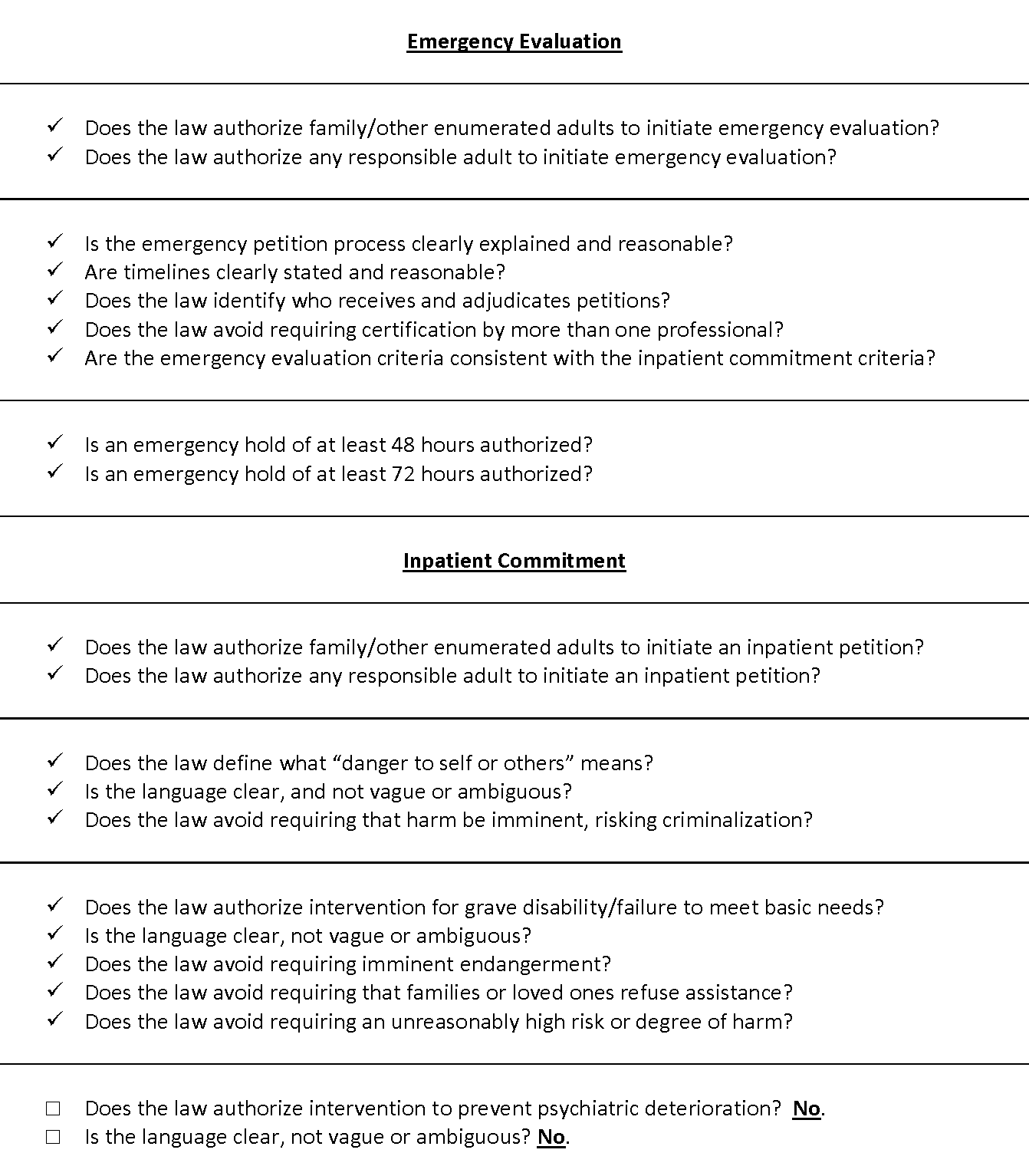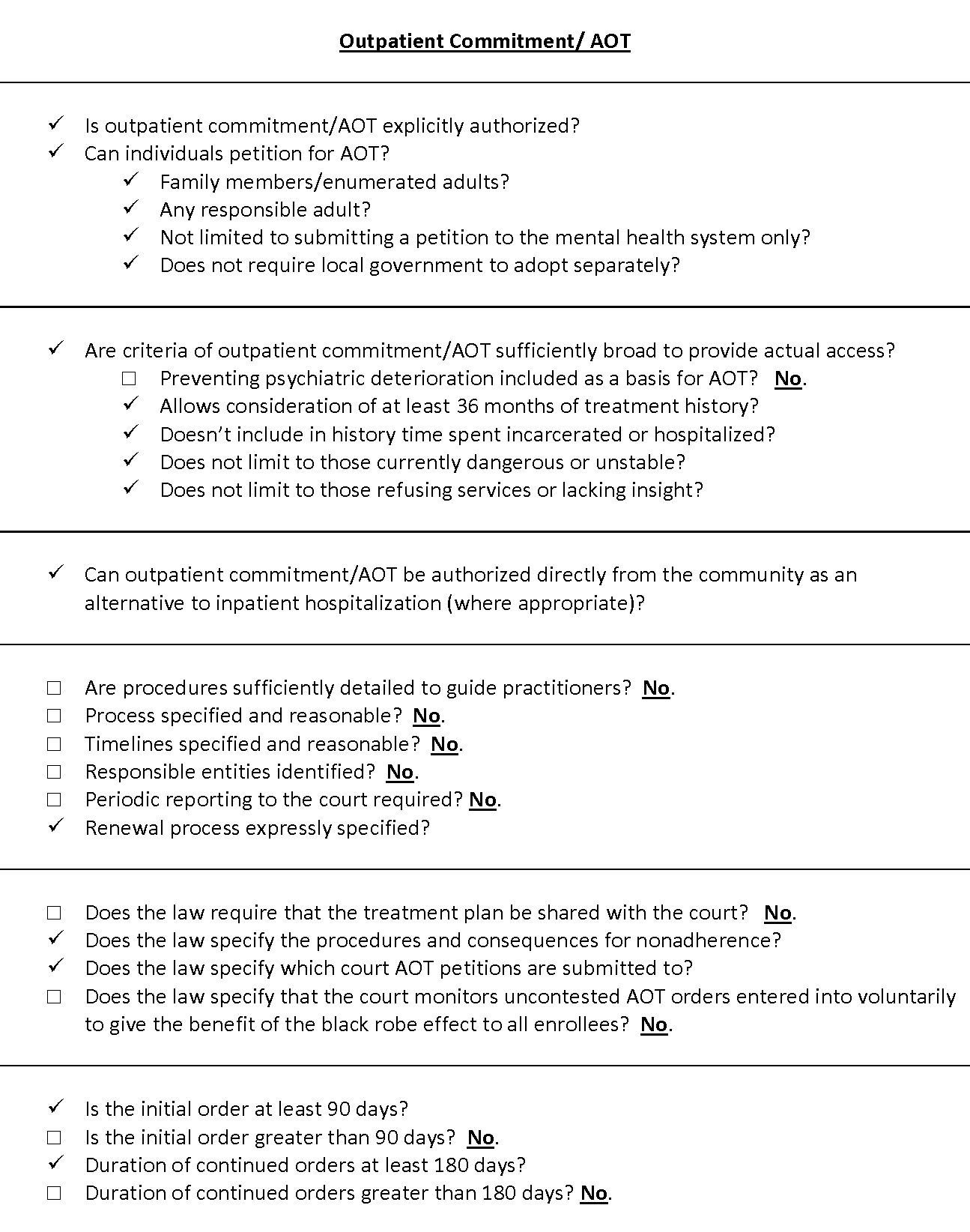Family Resources in Resources in South Dakota
- South Dakota Department of Social Services (dss.sd.gov) Resources, contacts, treatment locator
- South Dakota 211 (helplinecenter.org/2-1-1) Search for services by city, zip code, county
- NAMI South Dakota (namisouthdakota.org) Support groups, training, information
- Disability Rights South Dakota (drsdlaw.org) Protection and advocacy for individuals with disabilities
- Homeless Information: SD U.S. Department of Housing and Urban Development (hud.gov/states/south_dakota) Shelter locator and links to local resources
- South Dakota Department of Corrections Offender Locator (doc.sd.gov) Search for a person in prison by DOC number and name
- State Bar of South Dakota (statebarofsouthdakota.com) Legal assistance
How many people in South Dakota have SMI?
individuals with severe mental illness.
individuals with SMI who receive treatment in a given year.
of the adult population is estimated living with a SMI in the United States.
State psychiatric hospital beds in South Dakota
2023 total beds: 67
- Civil beds: 41
- Forensic beds: 26
2023 beds per 100,000 people: 7.4
Click here for more information about state psychiatric hospital beds in South Dakota.
A minimum of 50 beds per 100,000 people is considered necessary to provide minimally adequate treatment for individuals with severe mental illness. South Dakota fails to meet this minimum standard.
For Additional Information
Data is a powerful tool to advocate for change. Curious about a specific data point in your state? Reach out to us at ORPA@treatmentadvocacycenter.org
Fast Facts on SMI in South Dakota
Deinstitutionalization, outdated treatment laws, discriminatory Medicaid funding practices, and the prolonged failure by states to fund their mental health systems drive those in need of care into the criminal justice and corrections systems.
19%
1,021
67
15 to 1
2021 South Dakota State Mental Health Agency's expenditures
Every state receives block grant funding from the federal government to provide mental health services to their community. Below is some information about how these dollars are spent and compares to other state spending.
$89,508,649
57%
$5,419
1.3%
South Dakota's Treatment Laws
S.D. CODIFIED LAWS § 27A-10-1. If any person is alleged to be severely mentally ill and in such condition that immediate intervention is necessary for the protection from physical harm to self or others, any person, eighteen years of age or older, may complete a petition stating the factual basis for concluding that such person is severely mentally ill and in immediate need of intervention.
S.D. CODIFIED LAWS § 27A-10-1. If any person is alleged to [meet the criteria], any person, eighteen years of age or older, may complete a petition stating the factual basis for concluding that such person is severely mentally ill and in immediate need of intervention. S.D. CODIFIED LAWS § 27A-1-2. A person is subject to involuntary commitment if: (1) The person has a severe mental illness; (2) Due to the severe mental illness, the person is a danger to self or others or has a chronic disability; and (3) The individual needs and is likely to benefit from treatment. S.D. CODIFIED LAWS § 27A-1-1(6). "Danger to others," a reasonable expectation that the person will inflict serious physical injury upon another person in the near future, due to a severe mental illness, as evidenced by the person's treatment history and the person's recent acts or omissions which constitute a danger of serious physical injury for another individual. Such acts may include a recently expressed threat if the threat is such that, if considered in the light of its context or in light of the person's recent previous acts or omissions, it is substantially supportive of an expectation that the threat will be carried out; S.D. CODIFIED LAWS § 27A-1-1(7). "Danger to self," (a) A reasonable expectation that the person will inflict serious physical injury upon himself or herself in the near future, due to a severe mental illness, as evidenced by the person's treatment history and the person's recent acts or omissions which constitute a danger of suicide or self- inflicted serious physical injury. Such acts may include a recently expressed threat if the threat is such that, if considered in the light of its context or in light of the person's recent previous acts or omissions, it is substantially supportive of an expectation that the threat will be carried out; or (b) A reasonable expectation of danger of serious personal harm in the near future, due to a severe mental illness, as evidenced by the person's treatment history and the person's recent acts or omissions which demonstrate an inability to provide for some basic human needs such as food, clothing, shelter, essential medical care, or personal safety, or by arrests for criminal behavior which occur as a result of the worsening of the person's severe mental illness.


Recommended updates to treatment laws
- 1
Amend S.D. Codified Laws § 27A-10-1 to provide more direct access to court for citizen petitioners for emergency evaluation
- 2
Add psychiatric deterioration criteria or amend grave disability criteria to include it
- 3
Amend S.D. Codified Laws § 27A-10-14 in order to (1) provide procedural detail, including timelines and responsible parties; (2) require periodic reporting to the court; and (3) include a requirement that a written treatment plan be submitted to the court
- 4
Amend S.D. Codified Laws § 27A-10-9.1 to extend duration of outpatient order beyond 90 days
- 5
Amend S.D. Codified Laws § 27A-10-14 to extend duration of renewed order beyond 180 days
